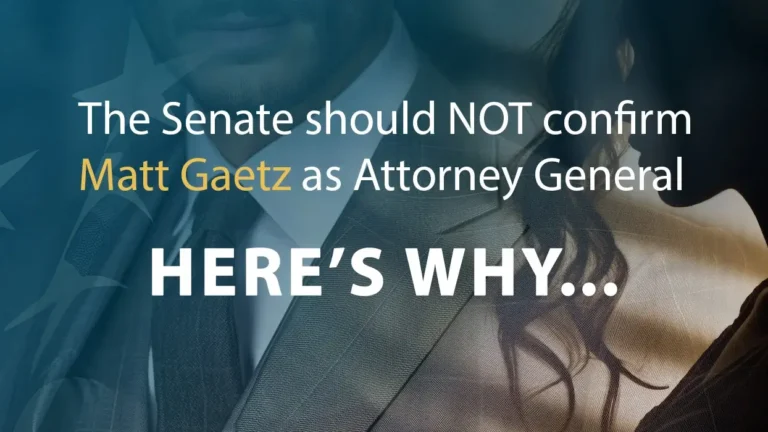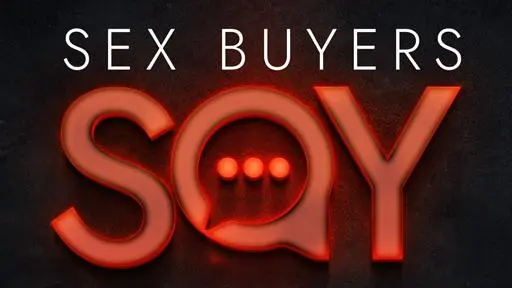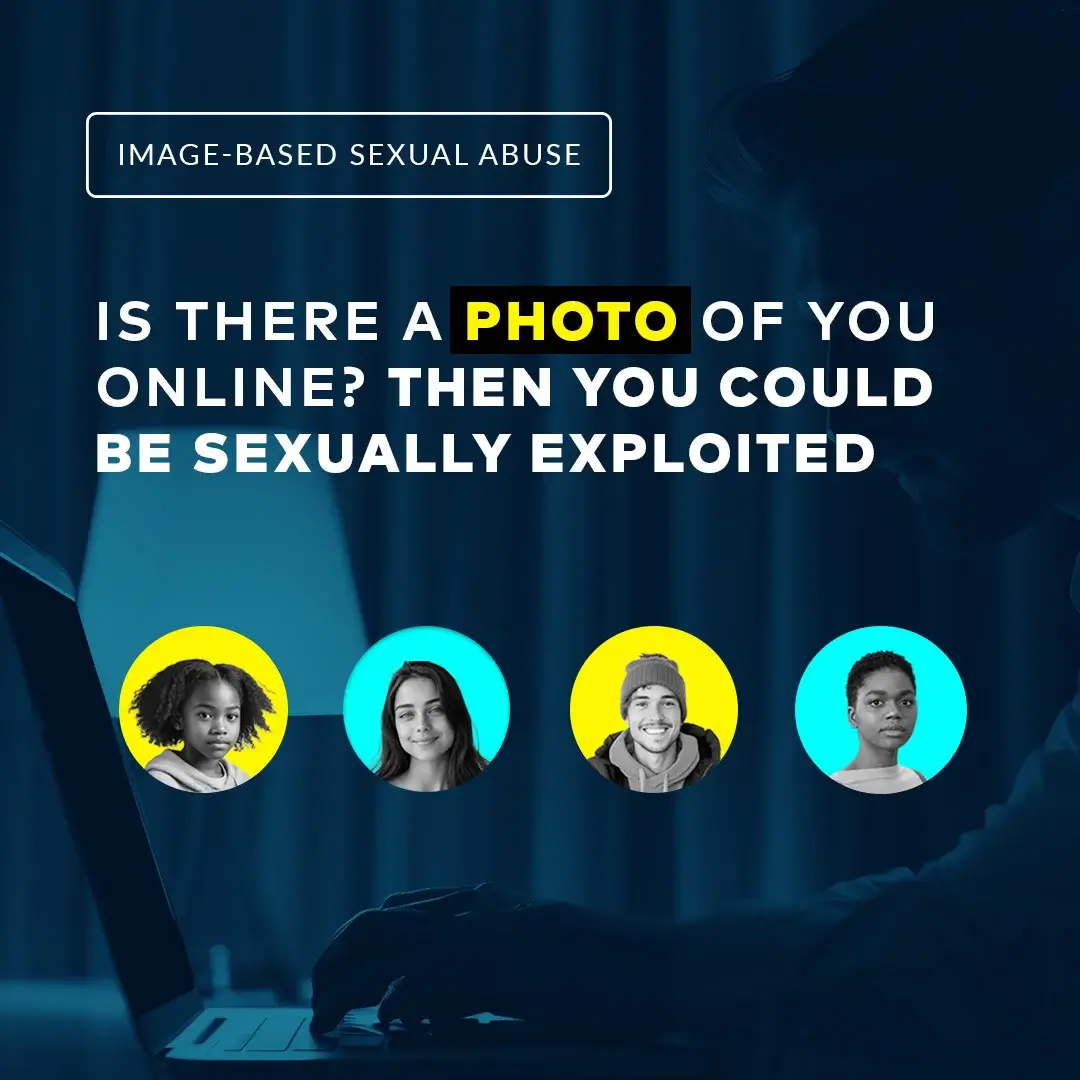Could Prostitution Be Fully Decriminalized in California? Should it?
Watch the Video Below to Learn More:
As Lisa Thompson, NCOSE VP, and Savanah Lawrence, NCOSE Legal Fellow, explain in the video, the National Center on Sexual Exploitation submitted an amicus brief to the Ninth Circuit Court of Appeals in the case of ESPLERP v. Gascón.
Earlier this year, ESPLERP (Erotic Service Providers Legal, Education and Research Project) filed suit in San Francisco District Court claiming that the state’s prostitution laws were unconstitutional. The District Court rightly rejected ESPLERP’s claims.
Now ESPLERP is appealing the decision. The National Center on Sexual Exploitation (NCOSE) commends the work of the California Attorney General’s office in defending the state’s prostitution laws, and argues in its amicus brief that the Ninth Circuit must reject specious efforts to decriminalize prostitution.
Sexual exploitation is nobody’s job.
Because prostitution is inherently dehumanizing and harmful it is vital for the Ninth Circuit to uphold the lower court’s decision.
Studies characterize the violence that animates prostitution as brutal, extreme, common, stunning, normative, and ever-present. Indeed, physical and sexual violence across prostitution types is pervasive, whether one is prostituting in Chennai or Chicago, indoors or outdoors, for drugs or to pay the rent, on a street corner, in a car, back alley, brothel, massage parlor, or strip club. Both the threat of, as well as actual physical and sexual violence, permeate prostitution. Most of this violence is perpetrated by sex buyers and pimps.
Decriminalizing prostitution does not change this reality—it assents to it.
Moreover, any form of payment for a sex act constitutes a form of sexual coercion, further imbuing prostitution with the character of sexual violence.
ESPLERP claims a fundamental right to sexual intimacy which extends to buying and selling sex. However, any act of prostitution is fundamentally an act of commerce and as such is not private. Moreover, the sexual exchanges which occur in prostitution are the antithesis of ‘intimacy.’ Research shows that many sex buyers seek sex from prostituted persons precisely for the purpose of escaping truly intimate relationships, and because they like the power involved in buying a human being.
The government has a prevailing interest in criminalizing prostitution—particularly pimps, madams, brothel keepers (i.e. sex traffickers) and sex buyers. Pimps and madams organize sexual exploitation by recruiting, harboring, provisioning and obtaining persons by means of force, fraud, and coercion, for sexual exploitation in prostitution. The people they exploit are expected to perform sex acts on demand. This is sex trafficking. Moreover, they frequently target minors, the economically disadvantaged, homeless persons, and ethnic minorities, revealing the prostitution industry’s predatory dependence on vulnerable persons to make up the ‘supply’ of those for sale.
As for sex buyers, they don’t beat, rape, and even murder women in prostitution because it’s an illegal activity.
They do these things because they believe their ‘purchase’ of another person gives them the right to do to them as they wish.
California’s prostitution laws exist to protect the vulnerable. They exist to stop the retailing of and profiting from sexual exploitation. The Ninth Circuit should therefore rule in favor of the San Francisco District Court.




